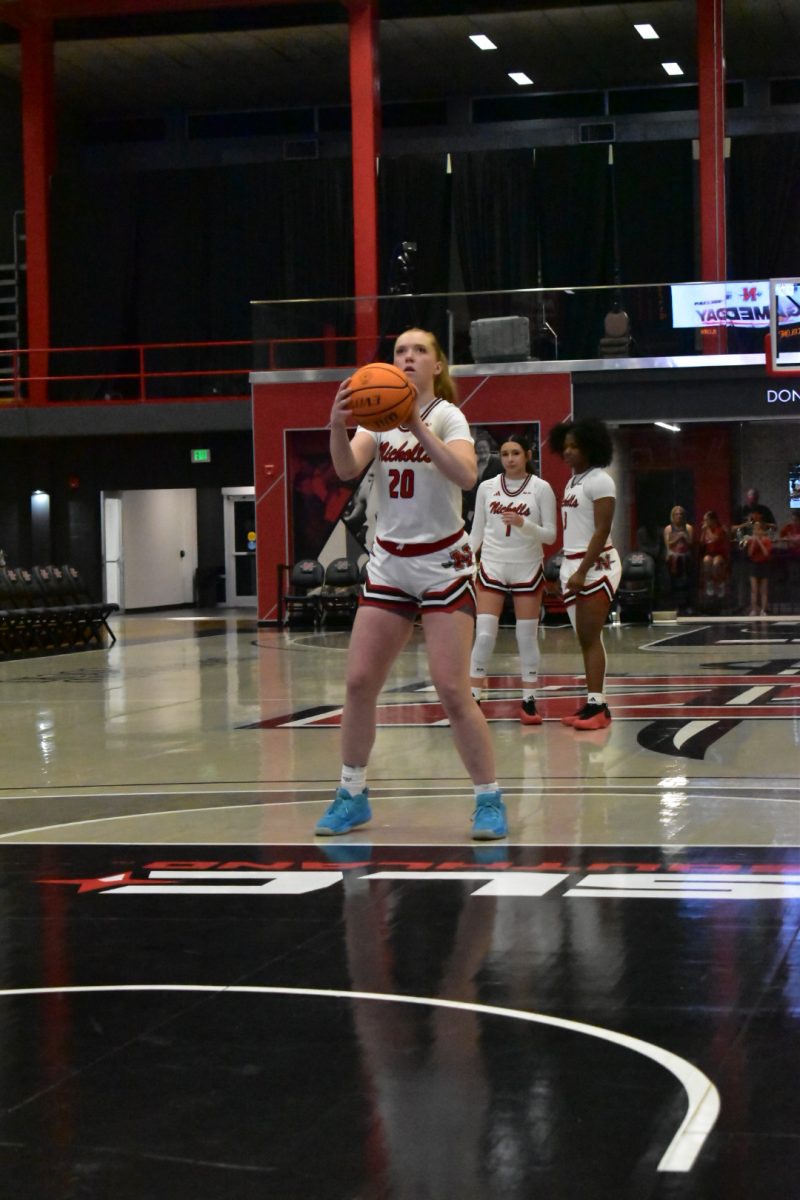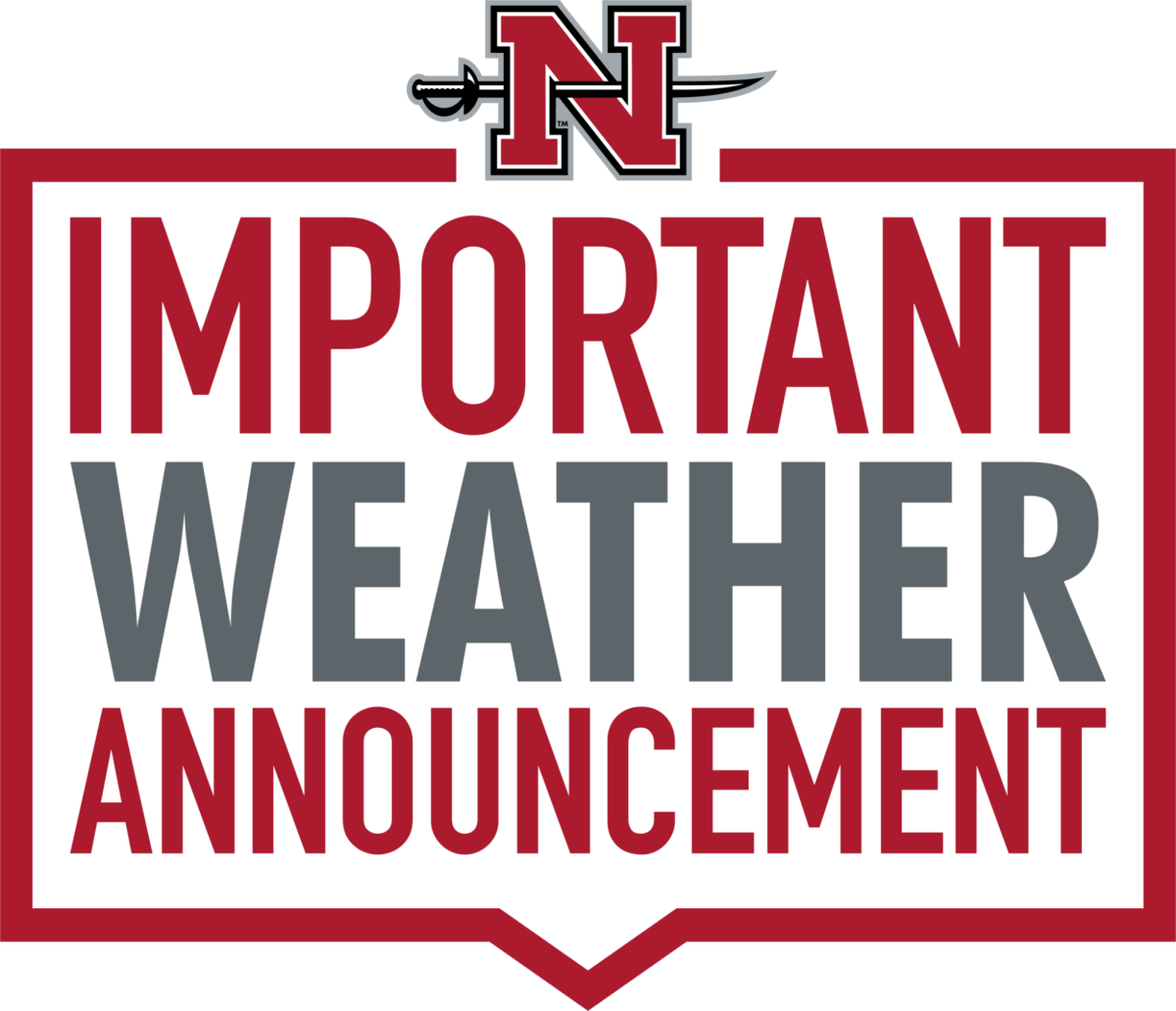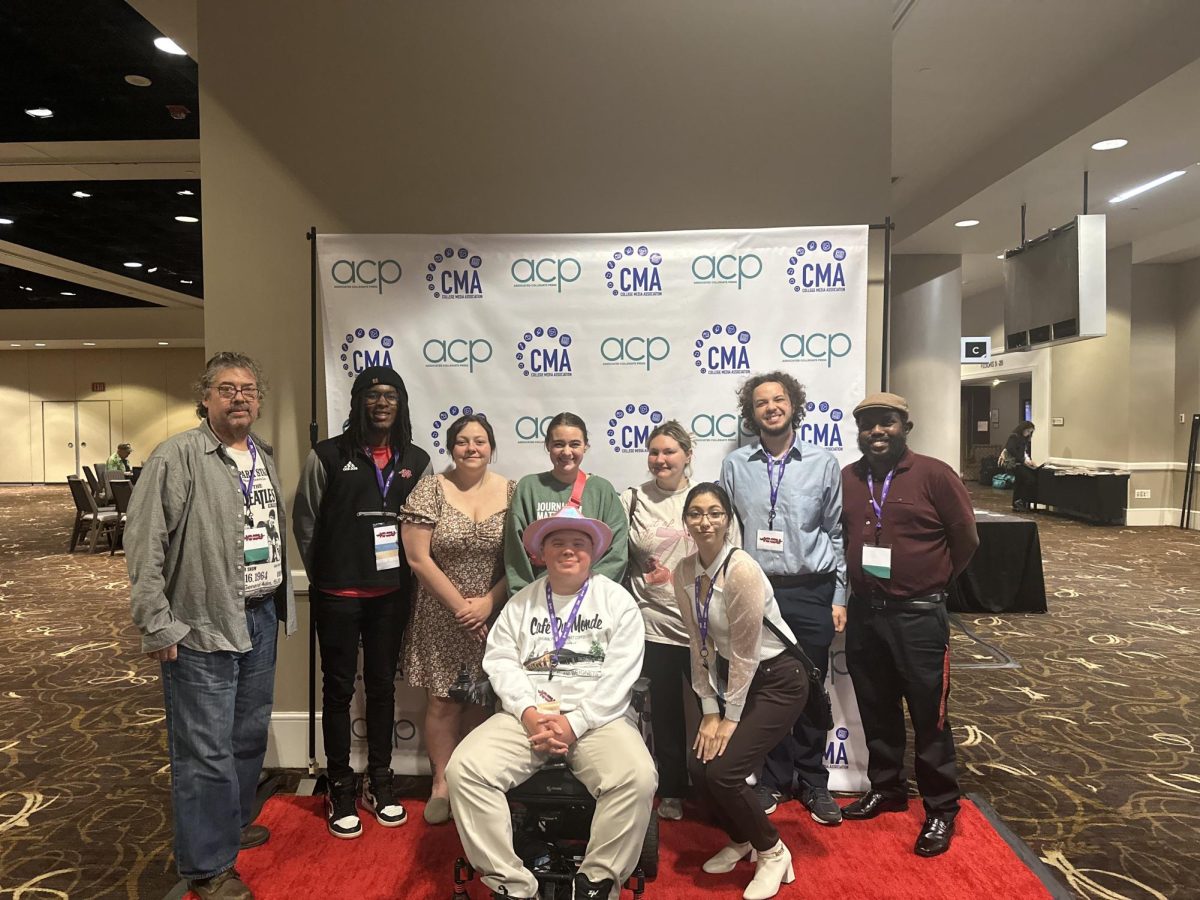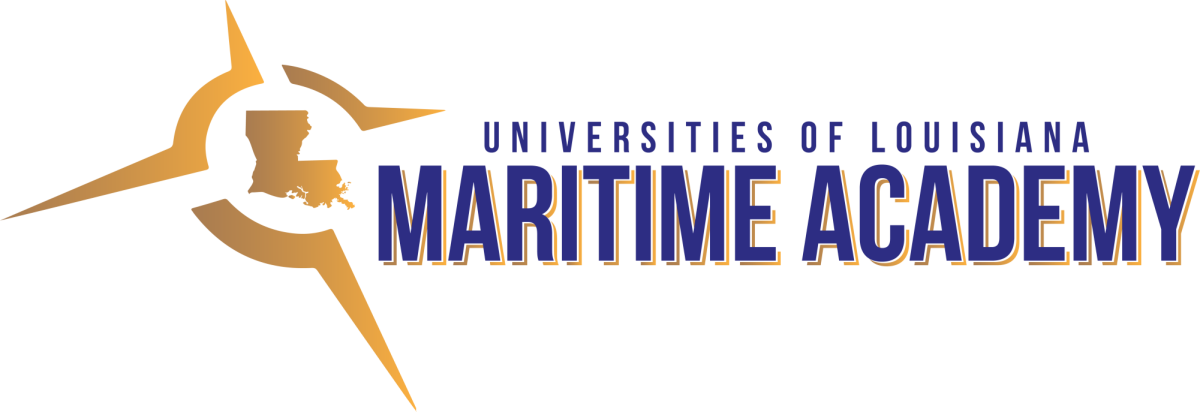Music and motion picture industries have actively been fighting illegal downloads, and some on campus may not even realize this practice is also against University policy. Though the policy is not strictly enforced, according to Nicholls director of academic computing, Thomas Bonvillian, all students must sign a promissory note before receiving access to all University labs. The note says that no downloads will take place on campus. Faculty must also receive permission from administration to download an abundant amount of Internet material. “We don’t monitor specific download activity,” Bonvillian said. The computer services and administrative group does, however, have utilities that monitor utilization progresses. If a utilization level rises abruptly, the group can assume that improper downloading activity is taking place and the system will be immediately shut down. The university also has a software system in place entitled “ban with shaping.” This program enables administration to review each computer and allow a certain amount of data to be inputted.
“This is basically used to prevent overuse,” Bonvillian said. “Those are kind of the tools that we have, but as far as for us specifically going after anyone, no, we don’t do any of that.”
If a student is caught downloading on campus, Bonvillian said that the student would be denied access to that certain computer lab for a specific amount of time. The student would be required to sign another policy consent form, and if the problem continued, the student would then be referred to the university discipline committee.
Nicholls is not the only campus to “downplay” downloading on campus. According to an article published in the January edition of the Chronicle of Higher Education, a new ruling issued in a case filed by Verizon Communications Inc. may hinder the ability for the Recording Industry Association of America to prosecute students for illegal downloads.
“We’ve had one letter of contact from the RIAA about three years ago,” Bonvillian said. “They suspected activity, but they didn’t really have hardcore evidence. We did an internal audit and came to the conclusion that we didn’t have any big problems here, and we responded back to them that way.”
In this day and age, downloading has become a way of life for some students who do not view downloading as something that should be illegal.
“I only download music,” John Zeringue, mass communications senior from Vacherie, said. “But I download single songs, not the entire albums. I think downloading single songs should be alright.”
Bonvillain said that the University does not want to hinder the use of Internet activity.
“We don’t discourage students from utilizing the Internet,” Bonvillian said. “Sometime downloading of some material is okay, and it’s a gray area sometimes. If you listened to the RIAA, you would tend to believe that they want you to think that all downloading of music is illegal, which it isn’t. It’s just a really gray area.
Downloading from campus computers downplayed
Ellen LeBouef
•
February 5, 2004
0
More to Discover







